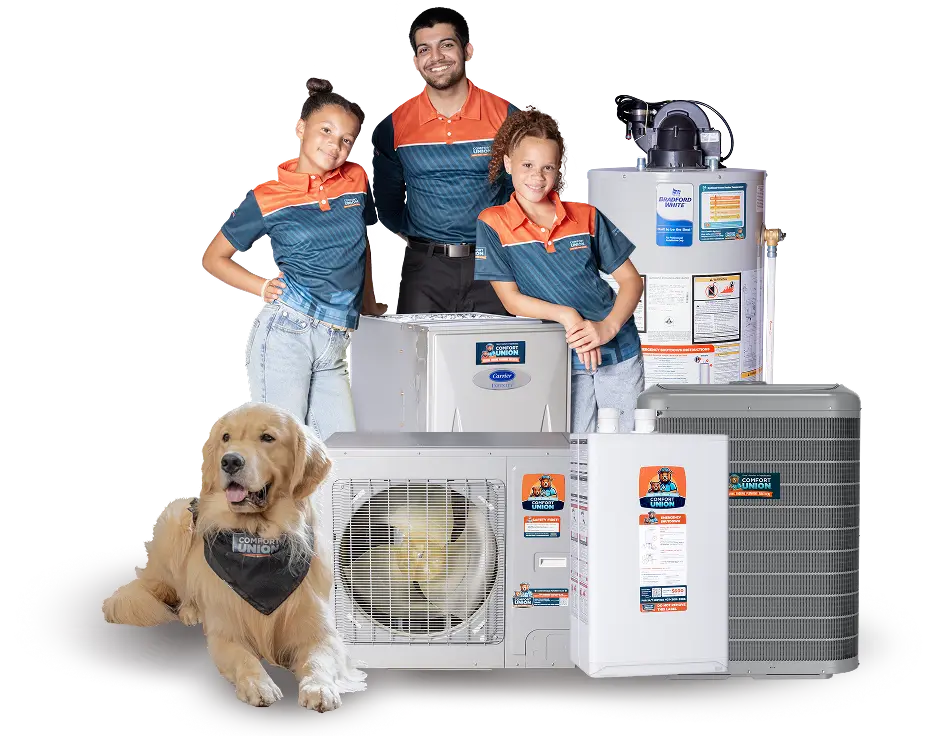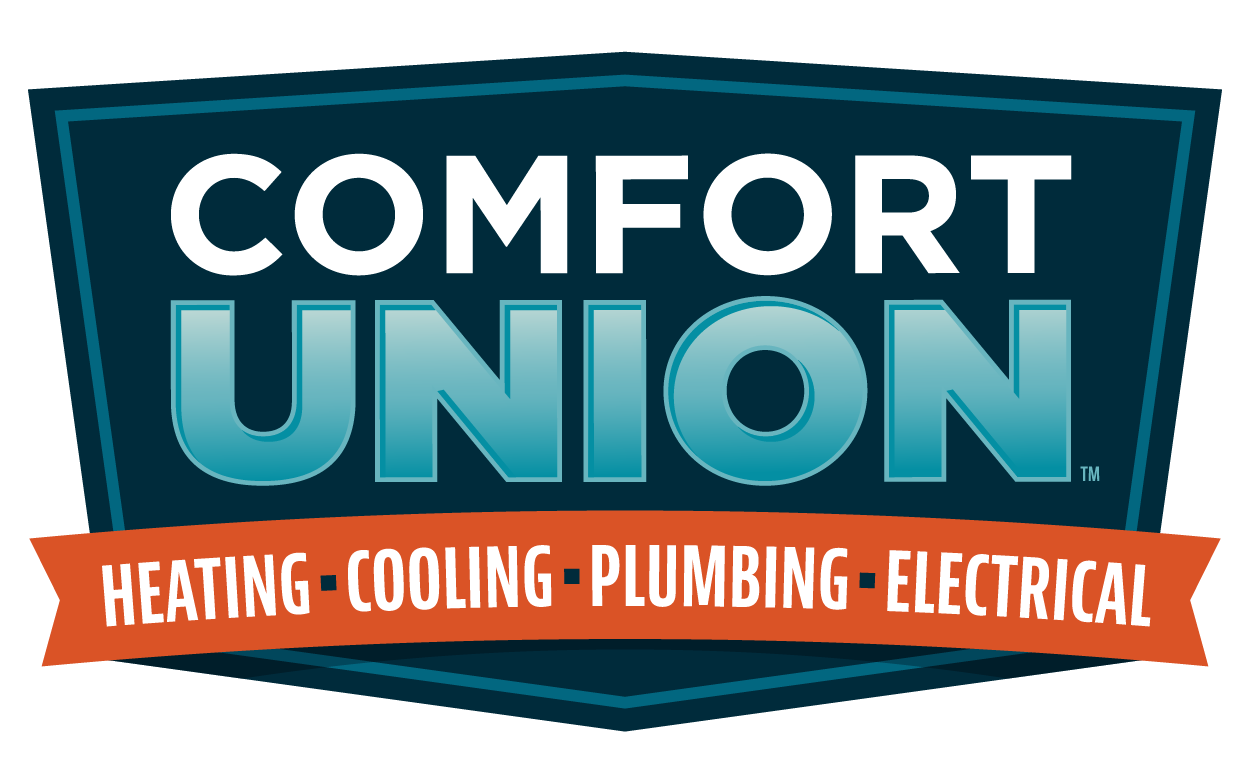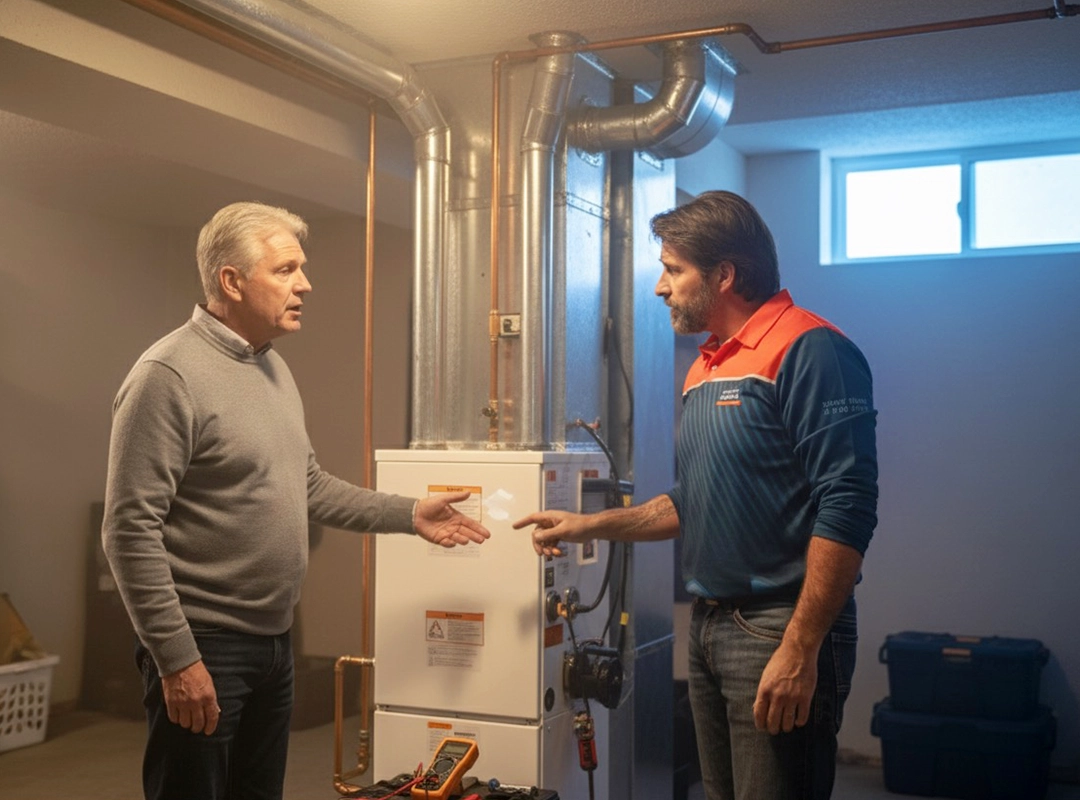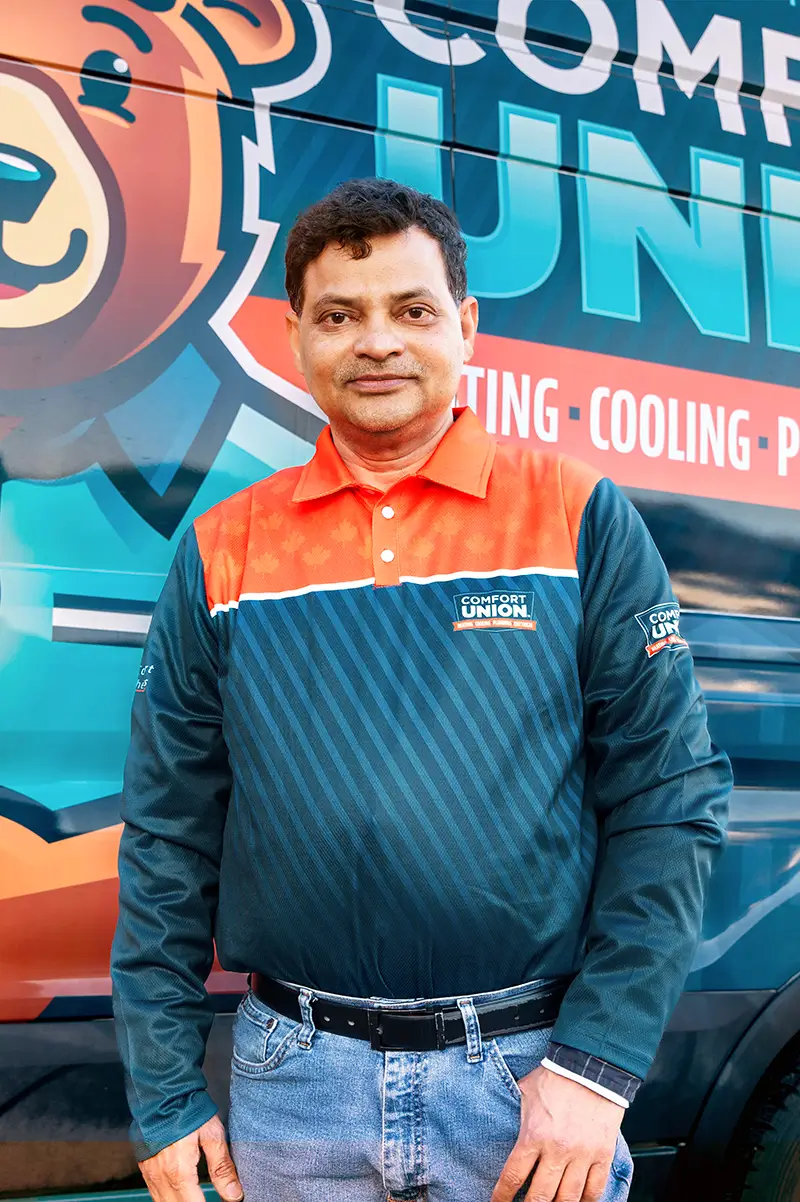It’s a freezing Calgary night, the wind is whipping outside, and just as you settle in, you hear it—a bang, a rattle, or a high-pitched whine coming from the basement. Suddenly, your furnace sounds more like a garage band than a heating system.
If this sounds familiar, you’re not alone. Unusual furnace noises are one of the most common winter service calls in Calgary. They can range from minor quirks to serious problems that need immediate attention. This guide explains what different sounds mean, how to troubleshoot safely, and when to call a local professional to fix the issue.
Need a New Furnace?
With Flexible Financing Options
What Do Furnace Noises Mean?
A healthy furnace that is installed properly runs with a steady hum and consistent airflow. When you start hearing something different, whether it’s a pop, buzz, or squeal, it’s your system telling you something’s wrong.
New or unusual noises can indicate mechanical wear, restricted airflow, or even ignition trouble. If ignored, these issues can worsen over time, leading to higher energy bills, reduced performance, or even safety risks like carbon monoxide leaks. In Calgary’s long heating season, early detection is key to preventing a mid-winter breakdown.
Common Furnace Noises and What They Usually Mean
Below are the most frequent furnace noises Calgary homeowners report, and what they likely mean.
Banging or Popping Sounds
A loud bang or pop when your furnace starts up often means delayed ignition, where gas builds up before finally igniting. It can also come from expanding ductwork or dirty burners.
Occasional pops from duct expansion are normal during Calgary’s cold snaps, but frequent or violent bangs are not. These can damage your heat exchanger and should be inspected immediately.
Rattling or Vibrating
A rattling noise might just mean a loose panel or screw, but it can also point to something more serious, like a cracked heat exchanger, which poses a safety risk.
If tightening panels doesn’t stop the noise, shut off your system and call a technician for a safety inspection.
Whistling or Hissing

Whistling often means air is trying to squeeze past a blockage, such as a dirty furnace filter, closed vent, or leaky duct.
This sound is common in Calgary homes where dry winter air collects dust quickly. Replace your filter, check vents, and if the noise persists, have your ducts inspected for leaks.
Squealing or Screeching
A high-pitched squeal usually means a worn blower belt or dry motor bearing. This problem tends to show up as furnaces age.
Lubricating the motor or replacing the belt often solves it. If you hear the noise persistently, your motor might be on its way out and should be serviced before it fails completely.
Clicking or Tapping
A few clicks at startup or shutdown are normal. But if your furnace keeps clicking without igniting, it could indicate a faulty flame sensor, bad ignitor, or control board issue.
Persistent clicking means your furnace is struggling to start and may soon fail entirely, especially during heavy use in Calgary’s -25°C stretches.

Buzzing or Humming
A steady hum is normal for an operating blower motor, but a loud buzzing can point to an electrical vibration or a failing capacitor.
Because electrical issues can become dangerous, shut off the power to your furnace and call a professional if the buzzing continues.
Booming or Rumbling
A deep boom or rumble often means unburned gas igniting inside the burner chamber. This is not a normal sound, and it’s a potential safety concern.
If you hear a low rumble after the furnace shuts off, it might also indicate that the burner isn’t closing properly. Turn off the system and call a licensed technician immediately.
How to Troubleshoot Minor Furnace Noises Safely
Before calling for furnace repairs, there are a few quick checks you can do safely:
1. Replace Your Furnace Filter
If your furnace filter looks dusty, gray, or clogged, replace it right away. Dirty filters restrict airflow, forcing your furnace to work harder and sometimes causing a whistling or rattling noise. In Calgary’s long heating season, filters can clog quickly, especially with pets or during dry winter months when dust builds up faster. Changing your filter every 1–3 months is one of the easiest ways to maintain smooth and quiet operation.
2. Tighten Any Visible Loose Panels
Loose metal panels or screws can create an annoying rattling or vibrating sound, especially when the blower fan is running. Grab a screwdriver and gently tighten any visible fasteners on your furnace’s exterior panels. If the rattling continues afterward, the noise could be coming from inside the system, which means it’s time to call a technician.
3. Ensure All Vents and Registers Are Open
It’s tempting to close vents in unused rooms to “save energy,” but doing so actually increases pressure inside your ducts. This added strain can make your furnace whistle or rumble and reduce overall efficiency. Walk through your home and ensure all supply and return vents are open and unobstructed by furniture, rugs, or drapes. Balanced airflow helps your furnace operate quietly and evenly.
4. Check for Objects Near Ductwork or the Furnace
Sometimes, strange noises come from something as simple as an item leaning against a duct or the furnace itself. Vibrations can cause tools, boxes, or cleaning supplies in your utility room to rattle loudly against metal surfaces. Clear the area around your furnace and ducts to eliminate vibration transfer and improve safety.
When Is a Furnace Noise a Sign of a Bigger Problem?
Not every sound means disaster, but some are red flags for major issues like blower motor failure, ignition malfunction, or heat exchanger cracks.
If you notice strange noises along with poor airflow, weak heating, or a burning smell, it’s time for a professional inspection. Many of these problems worsen if ignored, leading to higher energy use and potential safety hazards. Regular furnace maintenance in Calgary helps catch these issues early before they become expensive repairs.
How Calgary’s Climate Can Make Furnace Noises Worse
Calgary’s temperature swings can stress your HVAC system. As metal ducts expand and contract with rapid heating and cooling, it’s normal to hear light popping. However, extreme changes, like going from -30°C nights to mild afternoons, can exaggerate these sounds.
Dry winter air also creates more dust, leading to clogging and friction in moving parts. Regular cleaning, lubrication, and duct inspections can significantly reduce noise and improve overall comfort.
FAQs About Noisy Furnaces in Calgary
Why does my furnace make a loud boom when starting?
That’s likely delayed ignition from gas buildup or dirty burners. It’s a safety issue and should be checked immediately.
Should I worry about a humming or buzzing sound?
Yes, if it’s new or louder than usual. It could indicate an electrical issue or a failing motor part.
Can ductwork really make banging noises?
Absolutely. As your ducts heat up, they expand and sometimes pop due to pressure changes. Proper insulation and reinforcement can minimize this.
Is it safe to keep running a noisy furnace?
If it’s just a light hum, it’s fine. But if you hear loud bangs, rattles, or screeching, turn it off and call a technician; it could be a serious issue.
Final Thoughts
Furnace noises may seem small, but they’re often early warning signs that can save you from a major breakdown later. Calgary homeowners rely on their furnaces for months at a time, so taking action at the first sign of trouble is always the smarter move.
If your furnace is acting up, Comfort Union’s local technicians are ready to help identify the cause and restore your comfort quickly. We’re Calgary’s go-to experts for dependable repairs, maintenance, and honest advice.

Fast, reliable furnace repair in Calgary. We diagnose and fix all makes and models to restore your home’s warmth quickly and safely.
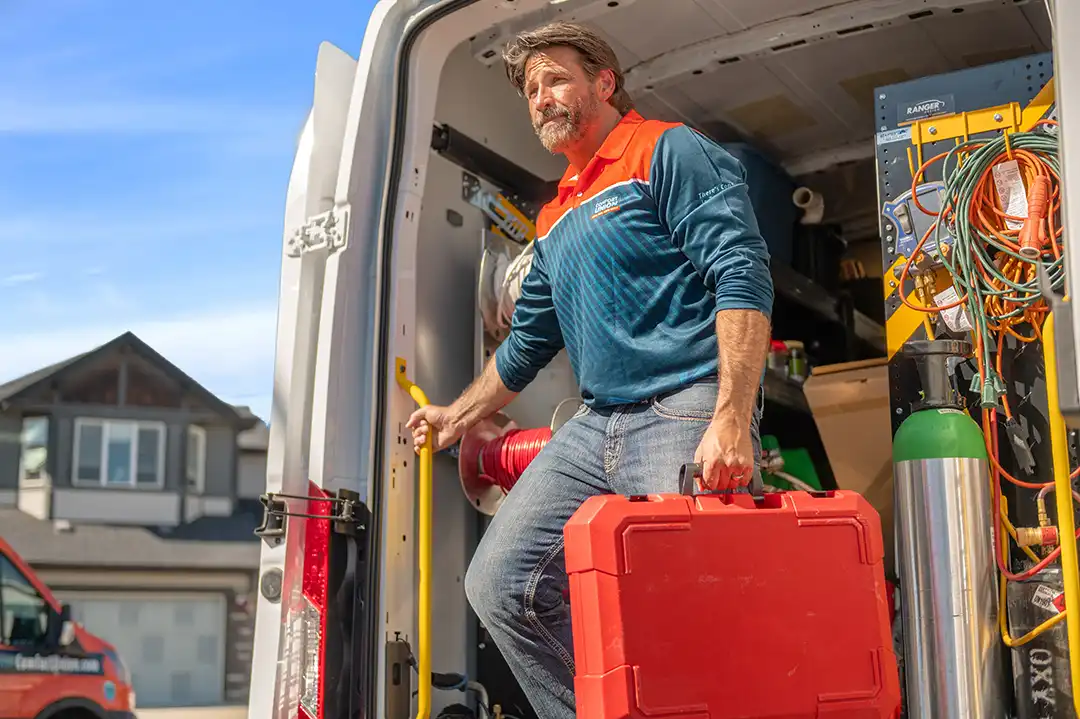
Keep your system running smoothly with a professional furnace tune-up in Calgary. We clean, inspect, and optimize for peak efficiency and safety.

Breathe easier with professional furnace duct cleaning in Calgary. Remove dust, debris, and allergens for cleaner air and better system performance.
